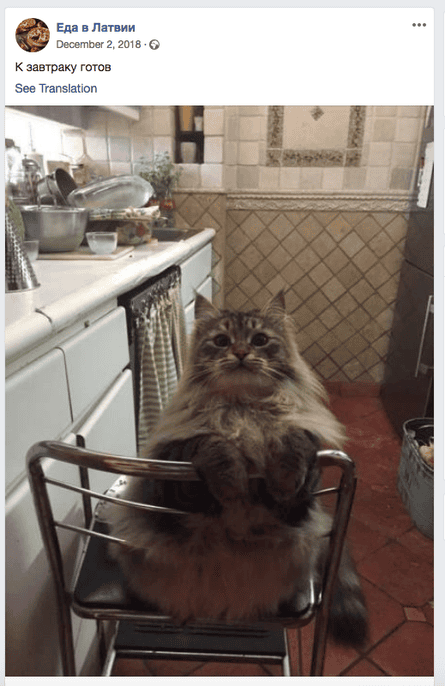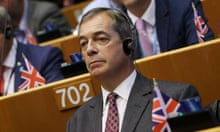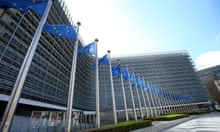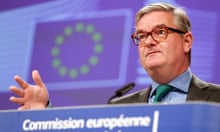Facebook has removed hundreds of pages believed to be connected to the Kremlin-backed Sputnik news website for allegedly breaching its rules.
The Facebook pages, which were targeted at individuals in former Soviet satellite states, either pretended to be independent news services or had names designed to appeal to fans of particular individuals, regions, or foods.
“Despite their misrepresentations of their identities, we found that these pages and accounts were linked to employees of Sputnik, a news agency based in Moscow, and that some of the pages frequently posted about topics like anti-Nato sentiment, protest movements, and anti-corruption,” said Nathaniel Gleicher, Facebook’s head of of cybersecurity policy.

Sputnik is a sister service of RT, the television channel known as Russia Today. It has offices around the world, including in London and Edinburgh, and often runs punchy news stories with an anti-west message.
Facebook said it had removed 289 pages and 75 accounts believed to be involved in the Sputnik-run network, with activity dating as far back as 2013. Typical pages included one about fashion in Georgia and another about the weather in the breakaway republic of Abkhazia.
One of the deleted Facebook pages was designed to appeal to Latvian food lovers. The page mainly featured pictures of gooey chocolate cakes lifted from Instagram, food recipe videos taken from BuzzFeed’s Tasty brand, and photographs of cats pulling funny faces, in an apparent bid to build up an audience interested in light-hearted content.
The page would then occasionally post a link to a Sputnik news story on a topic such as the rising cost of food.
The pages appeared designed to boost the reach of Sputnik news content, although it was unclear whether the motive was to find people who would not normally view the Russian news site, to increase Sputnik’s audience figures in order to make the news service look more successful, or a combination of the two.

The hundreds of Facebook pages in the apparent Sputnik-run network had about 790,000 followers. This is larger than the combined total of the official Sputnik Facebook pages in the countries affected – but still substantially smaller than the main Sputnik English-language Facebook page.
Many corporate brands pay Facebook pages run by influencers to post links to their content in a bid to increase reach. However, it is highly unusual for a news organisation to run such pages itself.
Facebook has stepped up its efforts to remove pages engaging in what it calls “coordinated inauthentic behaviour” following the 2016 US election, which saw widespread meddling by Russia’s Internet Research Agency. It has also taken down pages believed to be run by the Iranian state, among others.
Facebook separately said it had removed an unrelated network of 107 pages, groups and accounts, as well as 41 Instagram accounts, for engaging in coordinated inauthentic behaviour. It said the network originated in Russia and operated in Ukraine and was removed after a tip from the US authorities.
“The individuals behind these accounts primarily represented themselves as Ukrainian, and they operated a variety of fake accounts while sharing local Ukrainian news stories on a variety of topics, such as weather, protests, Nato and health conditions at schools,” the company said.
Sputnik said the decision “is clearly political in its nature and, as a matter of fact, is practically censorship”, suggesting that some of its legitimate news pages had been shut down as a result.
“Sputnik editorial offices deal with news and they do it well. If this blocking is Facebook’s only reaction to the quality of the media’s work, then we have no questions, everything is clear here. But there is still hope that common sense will prevail. Read Sputnik.”








